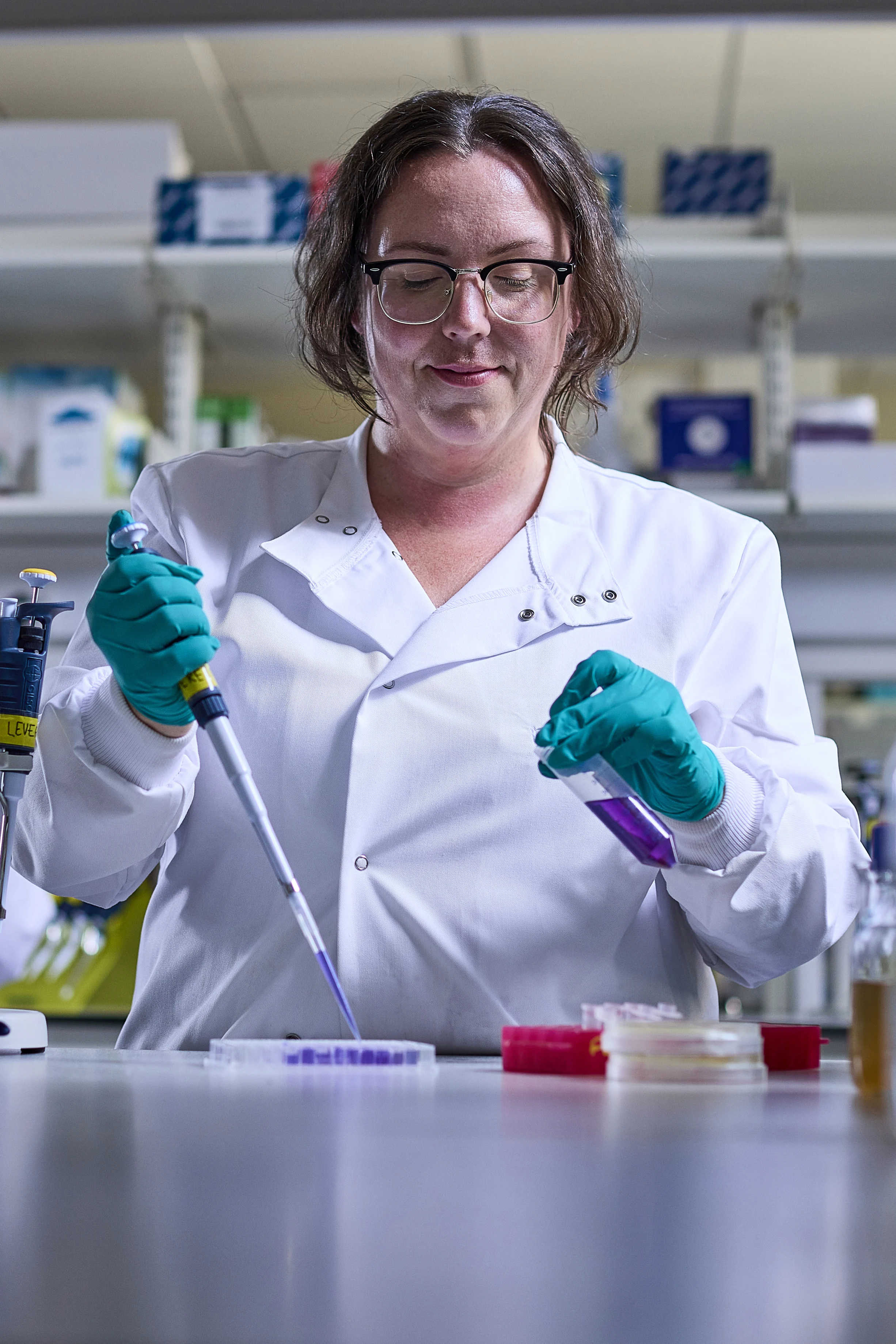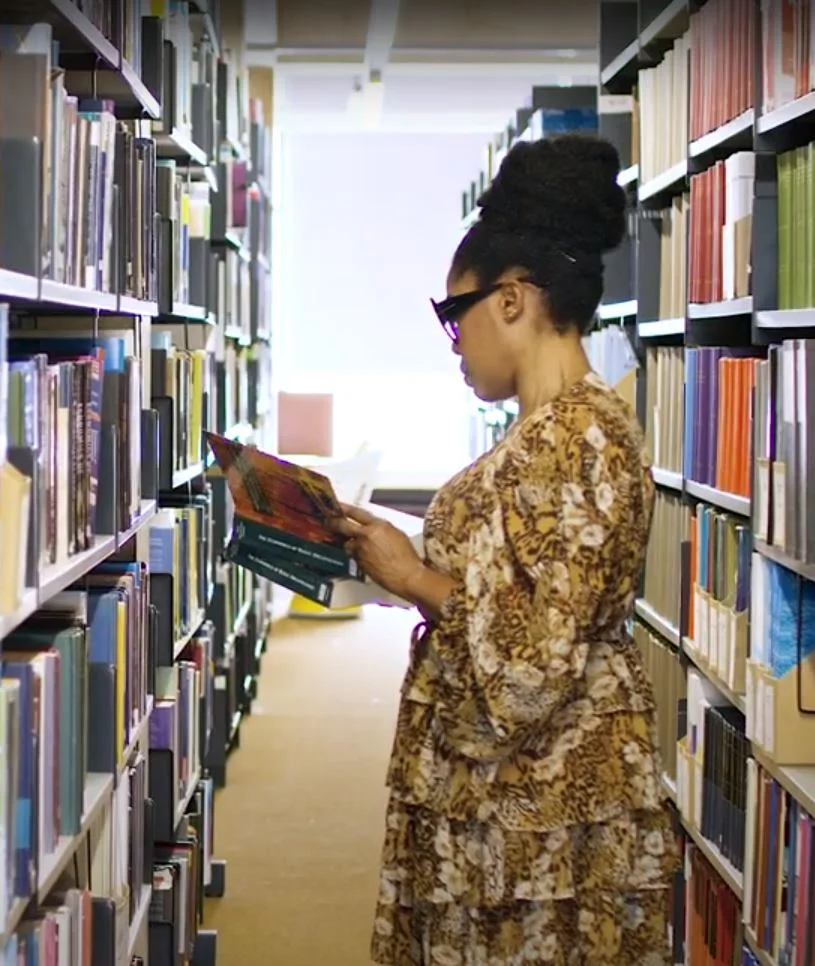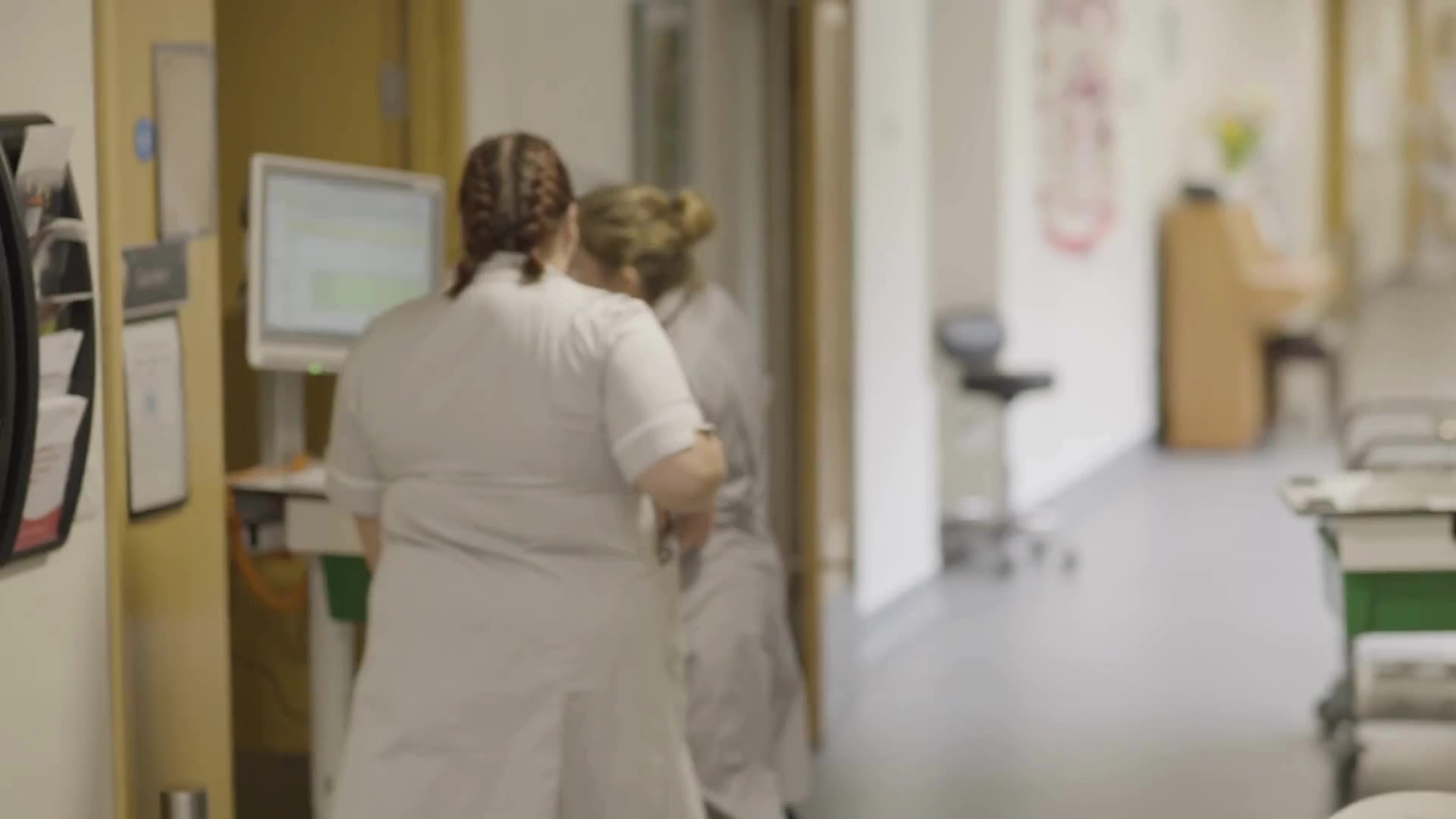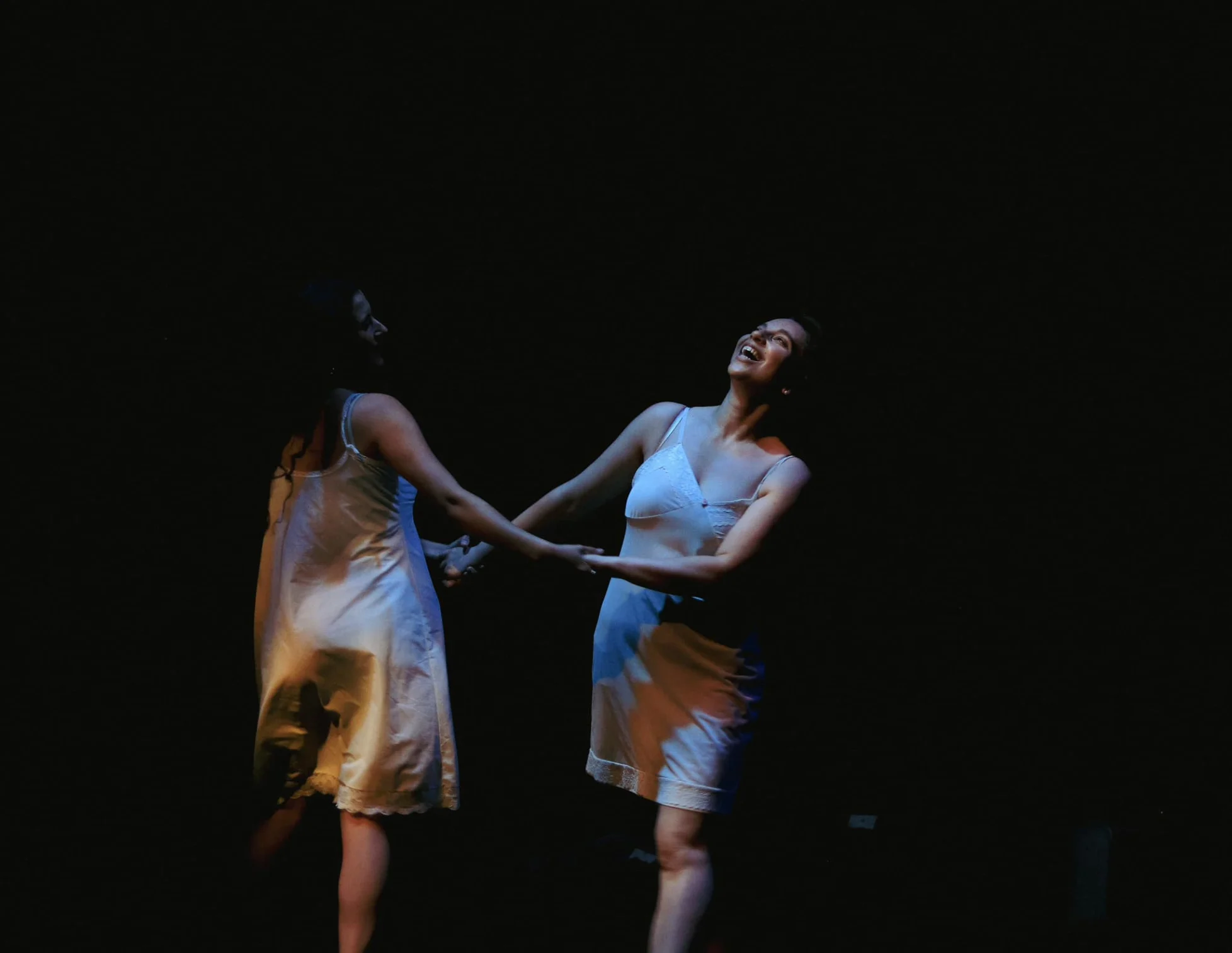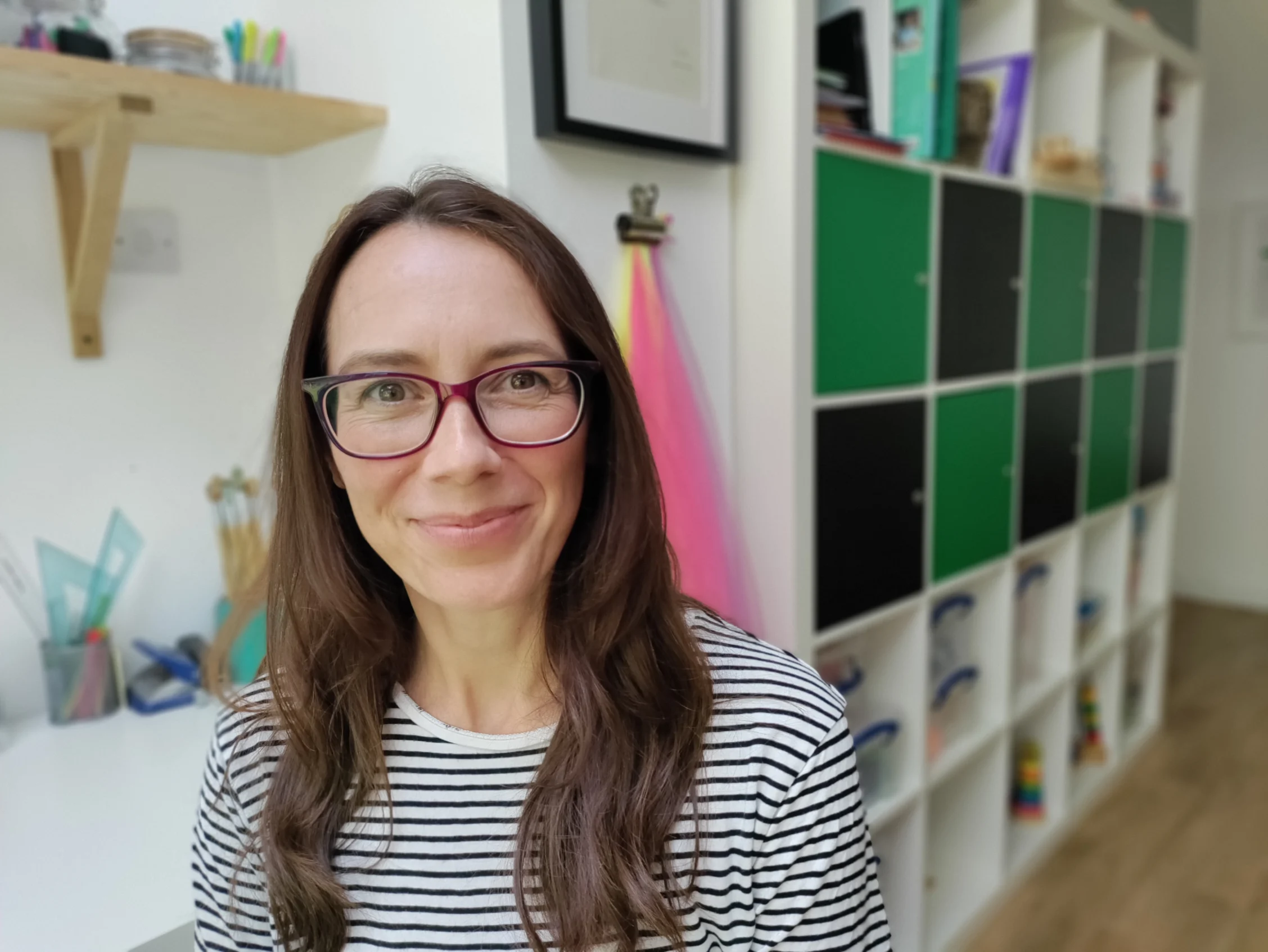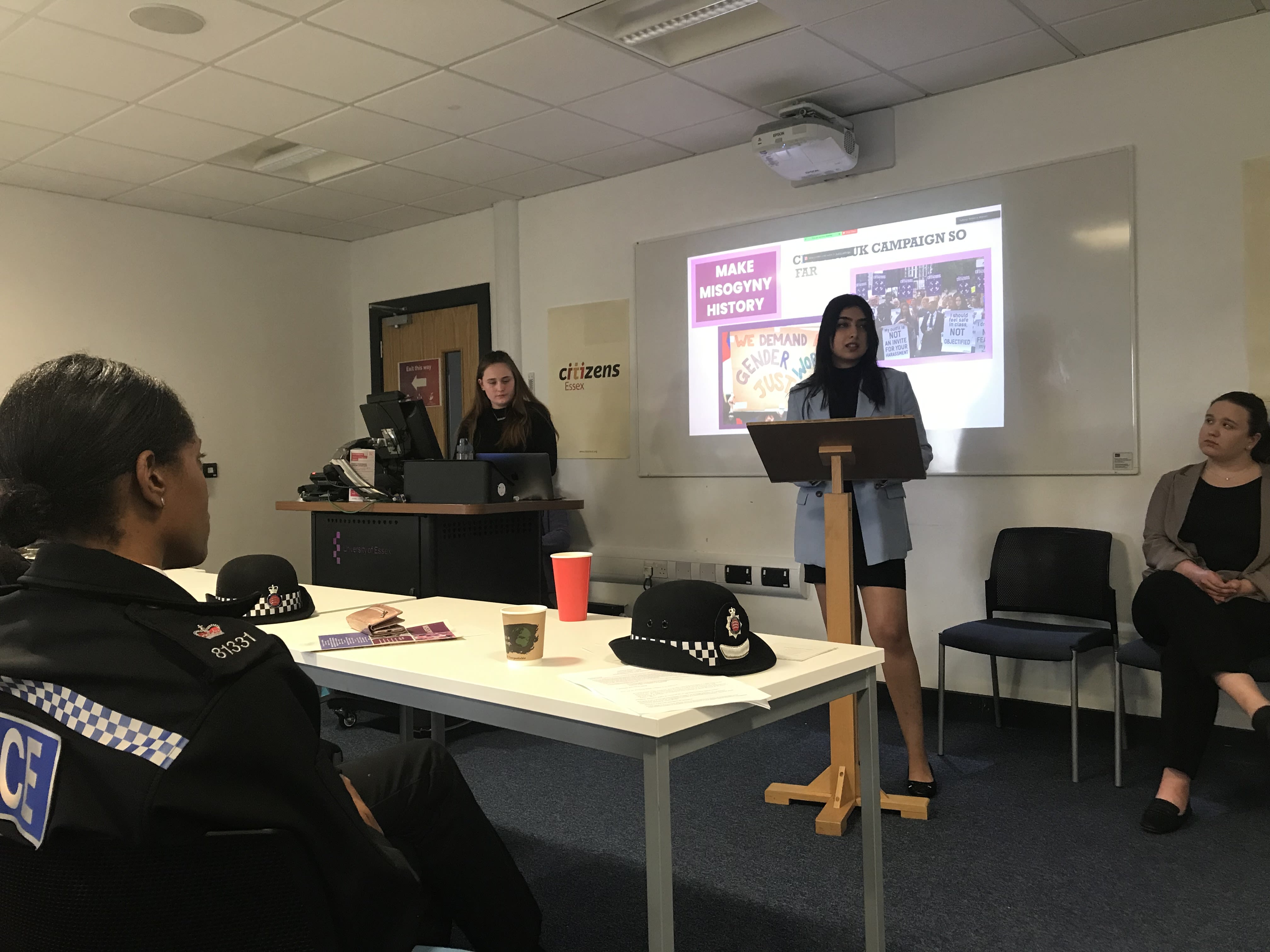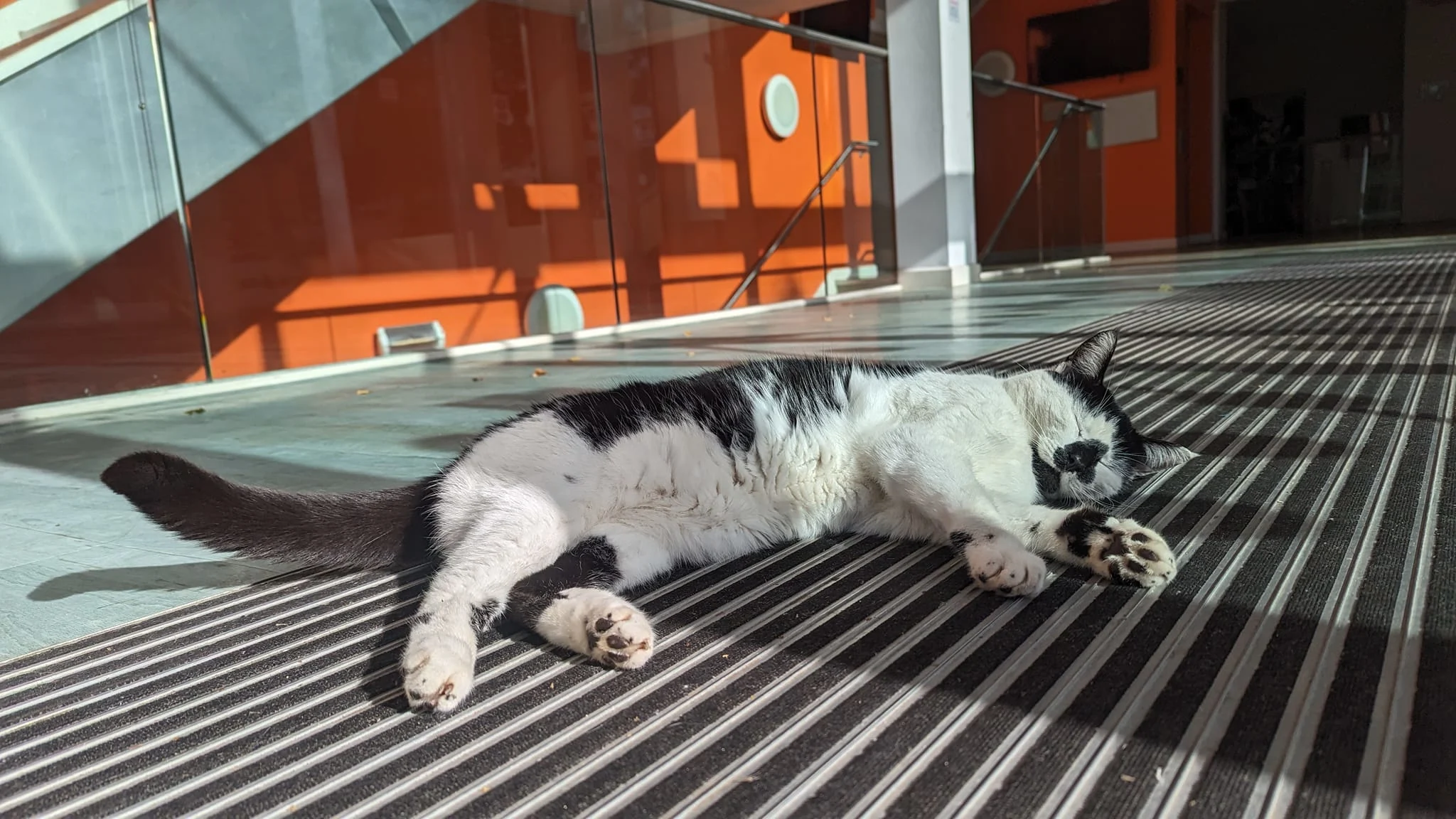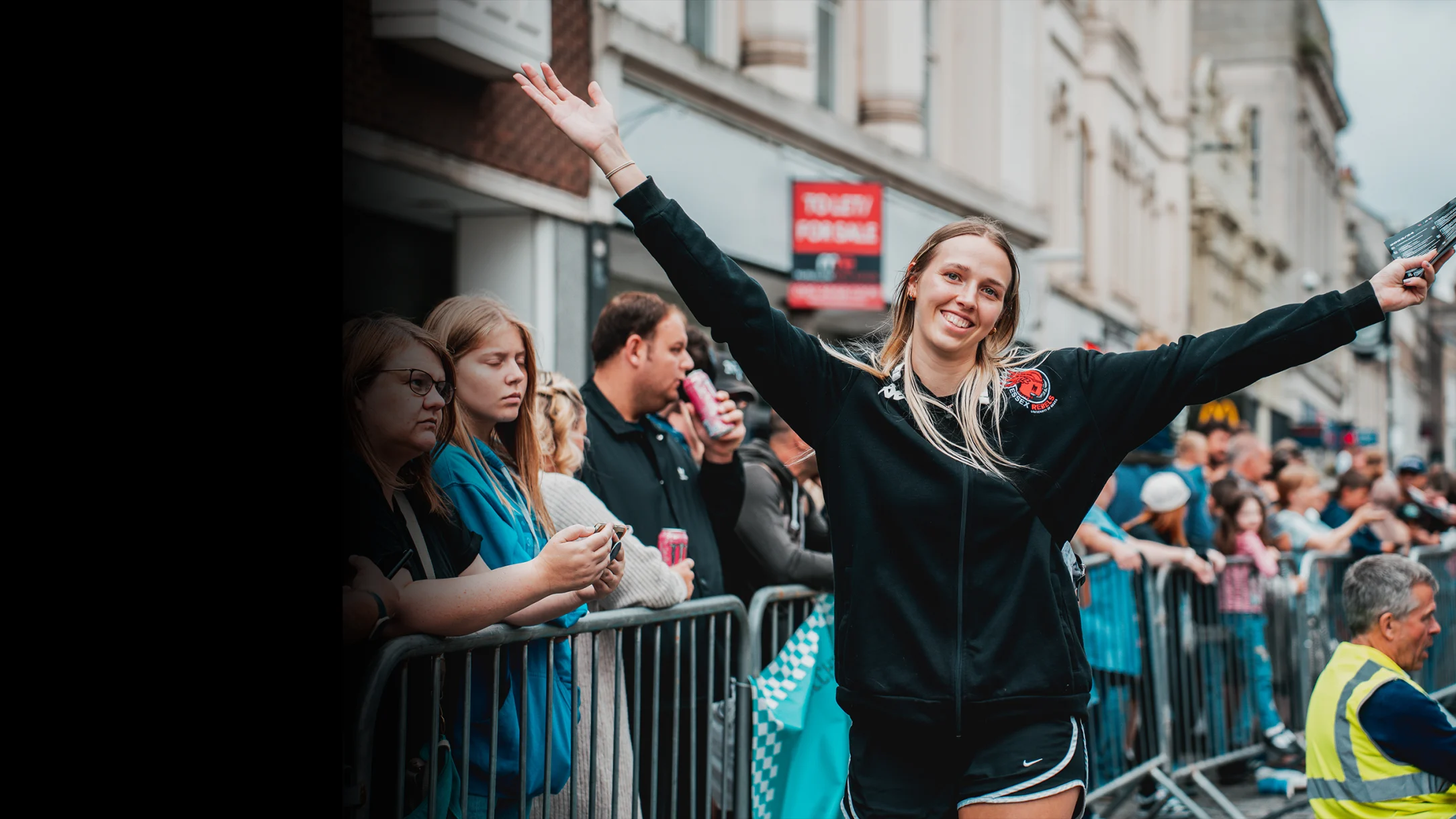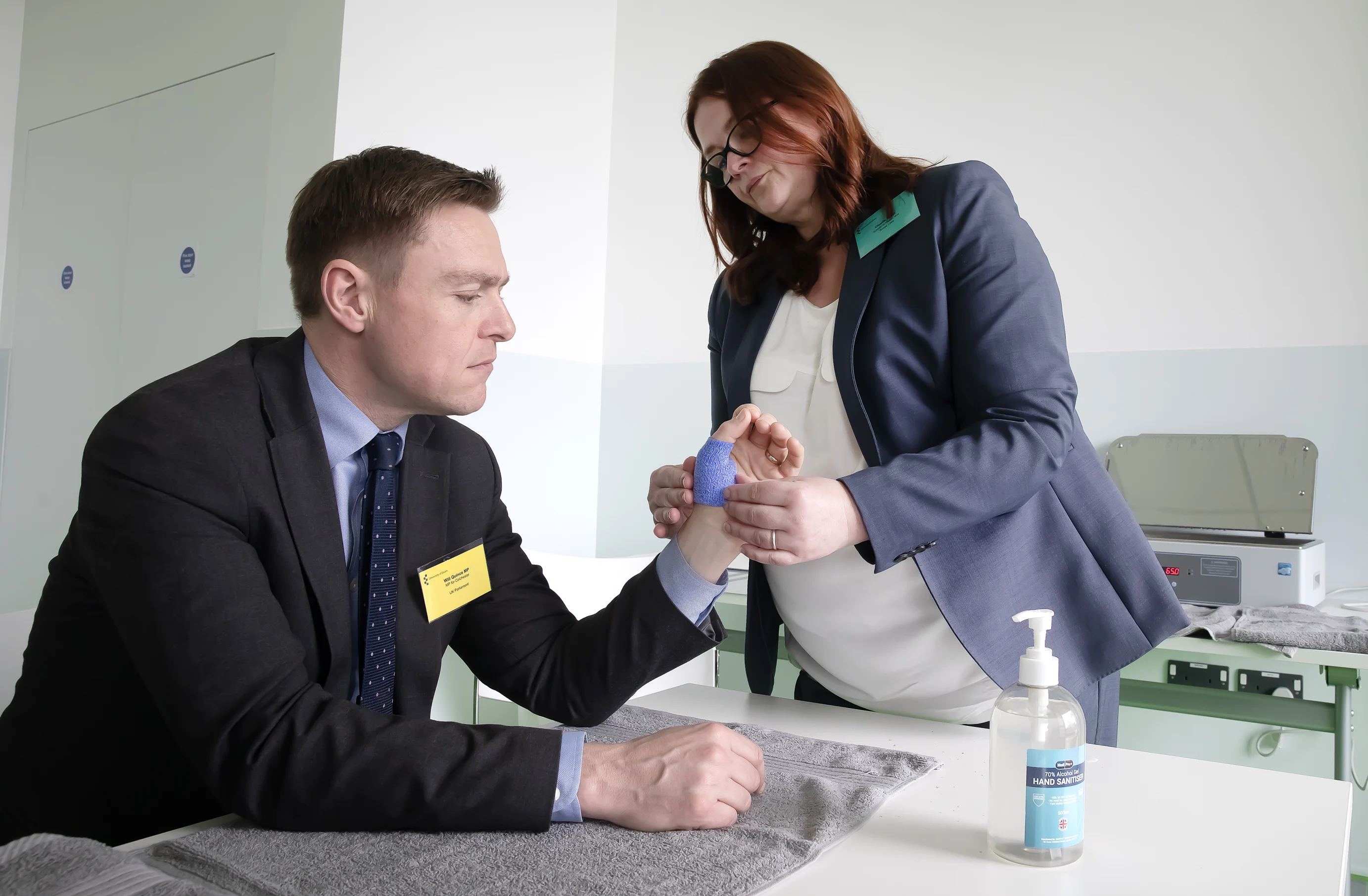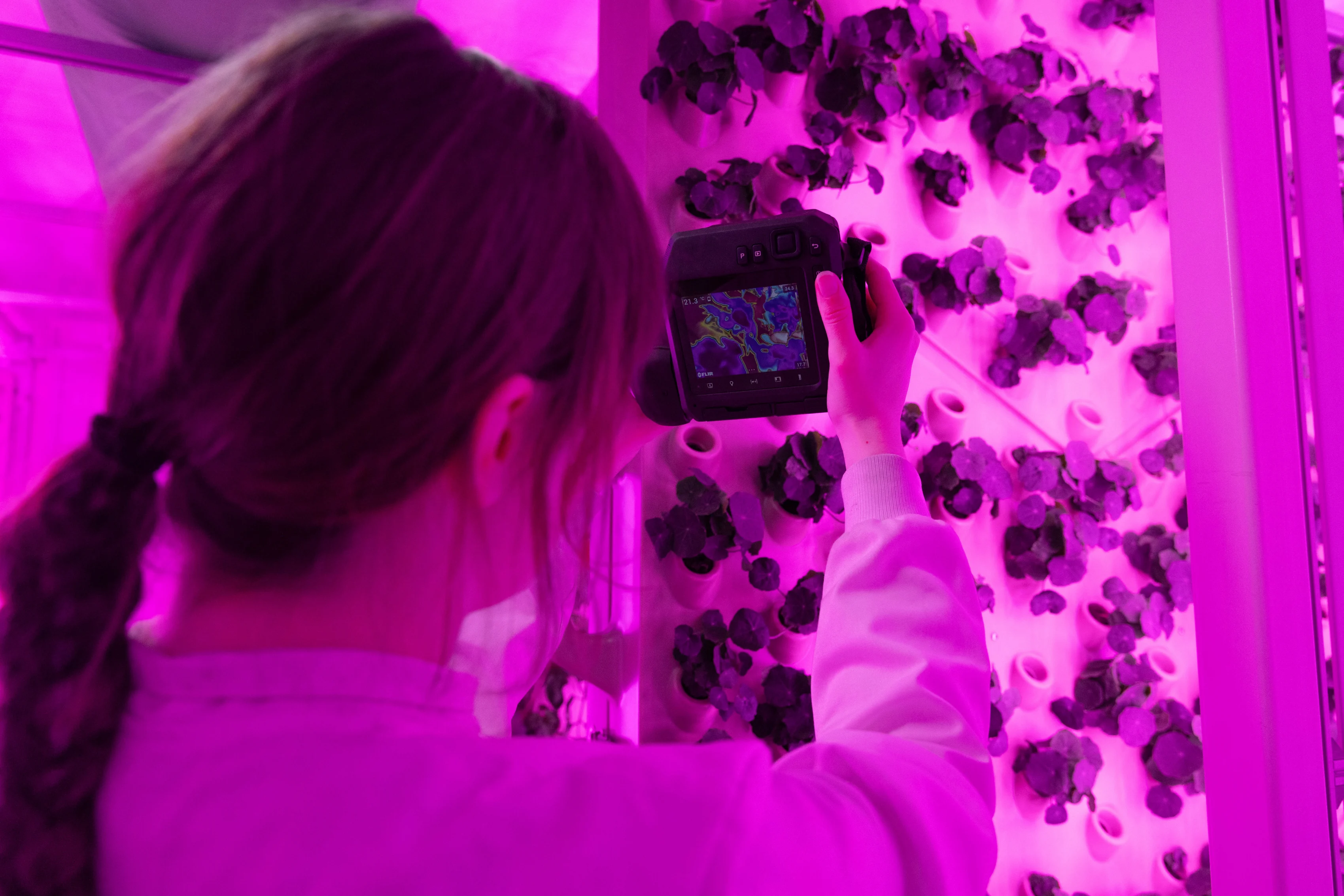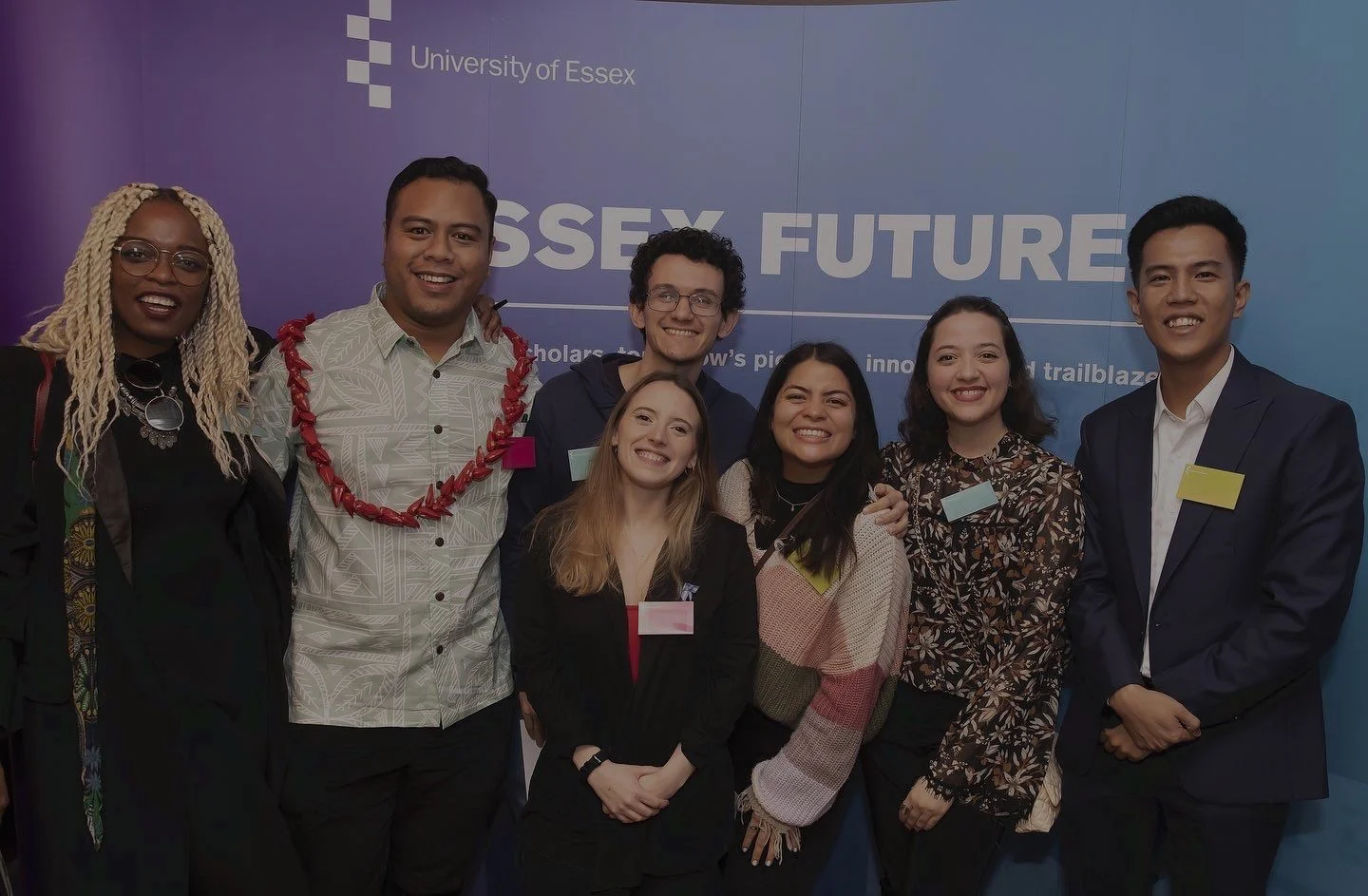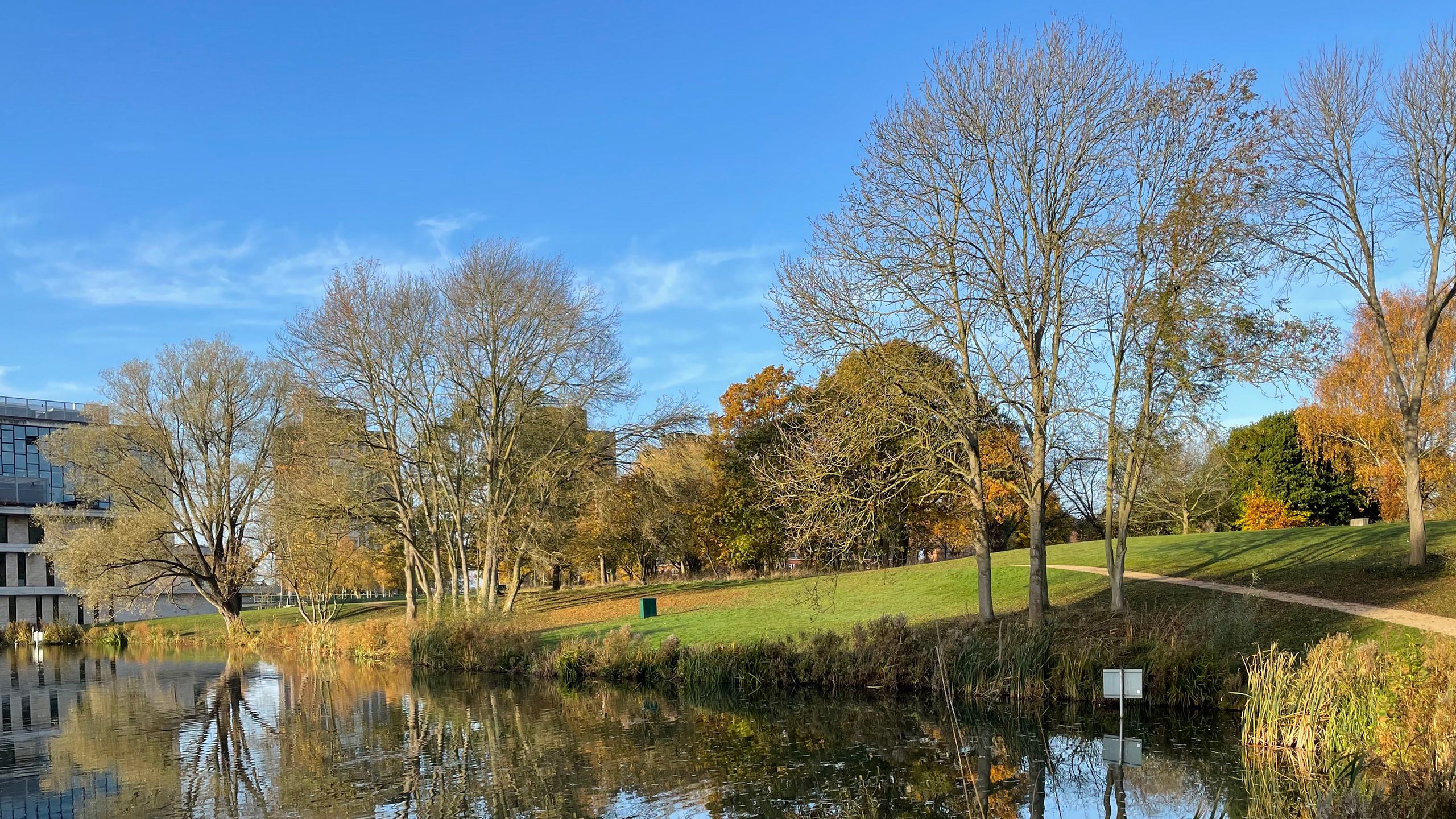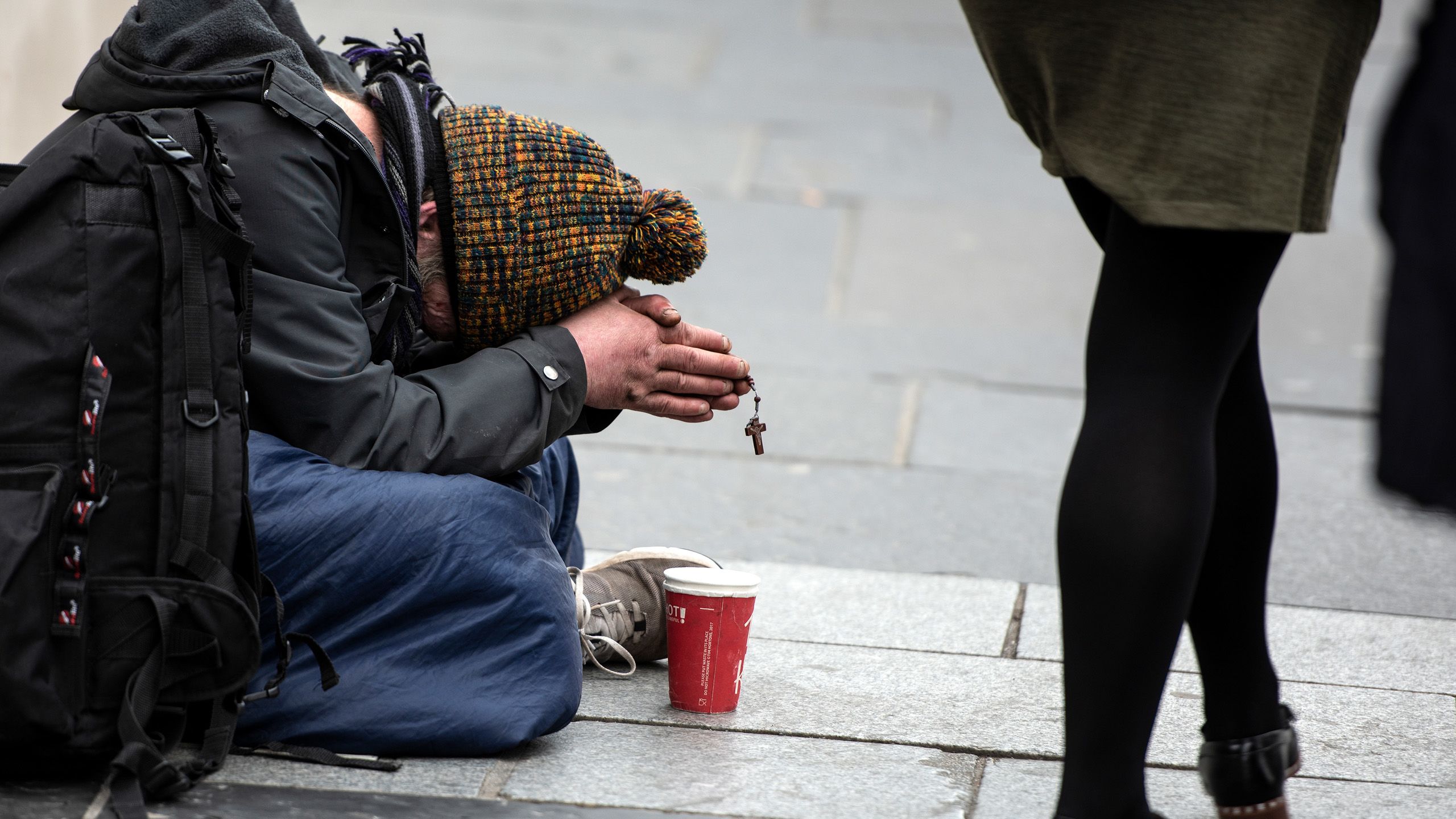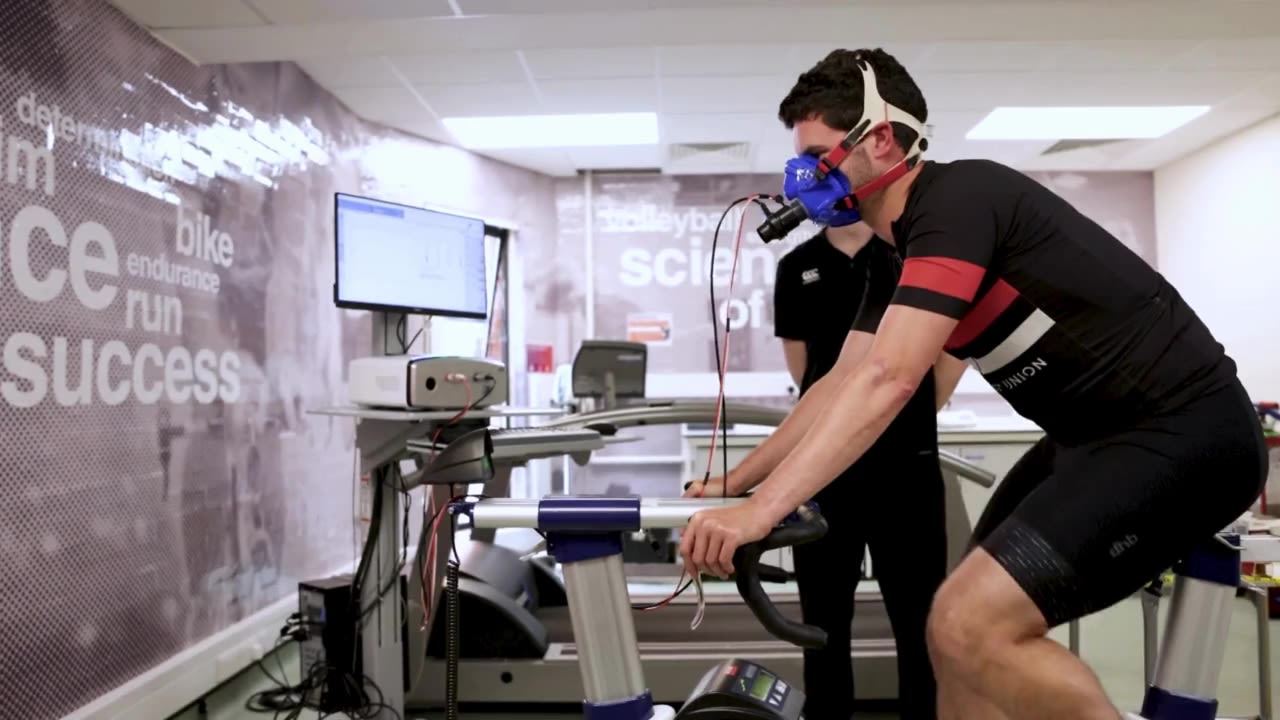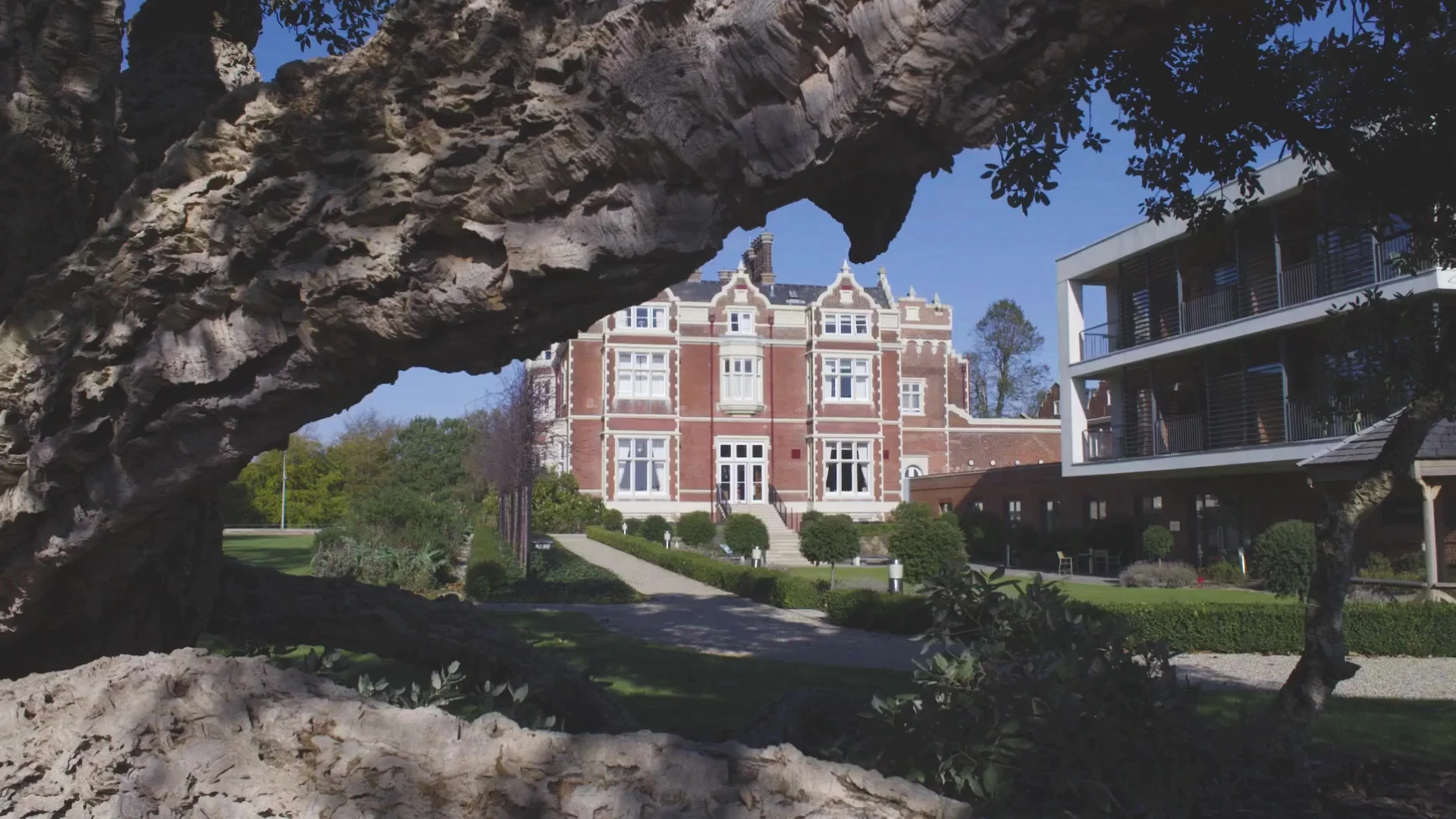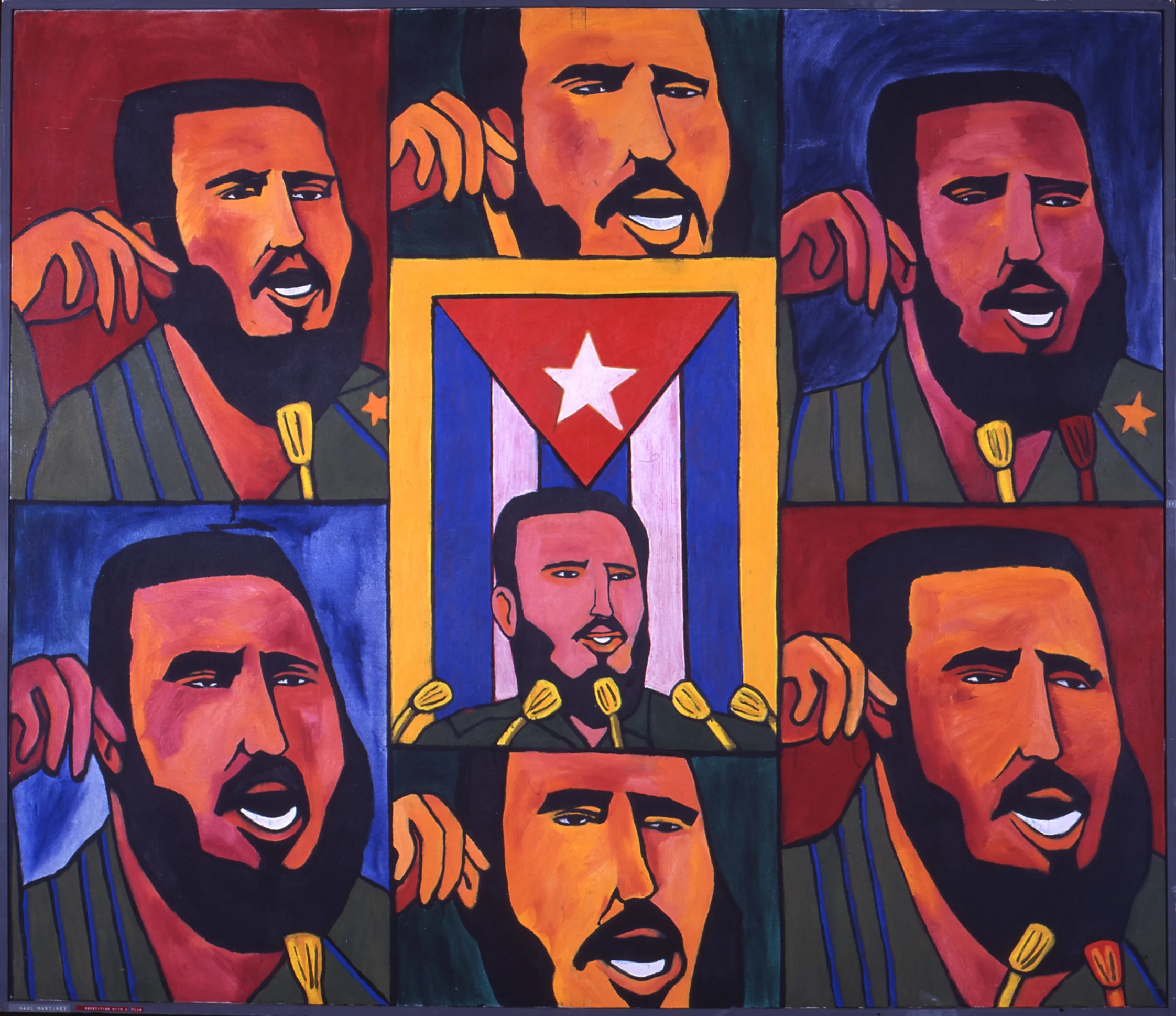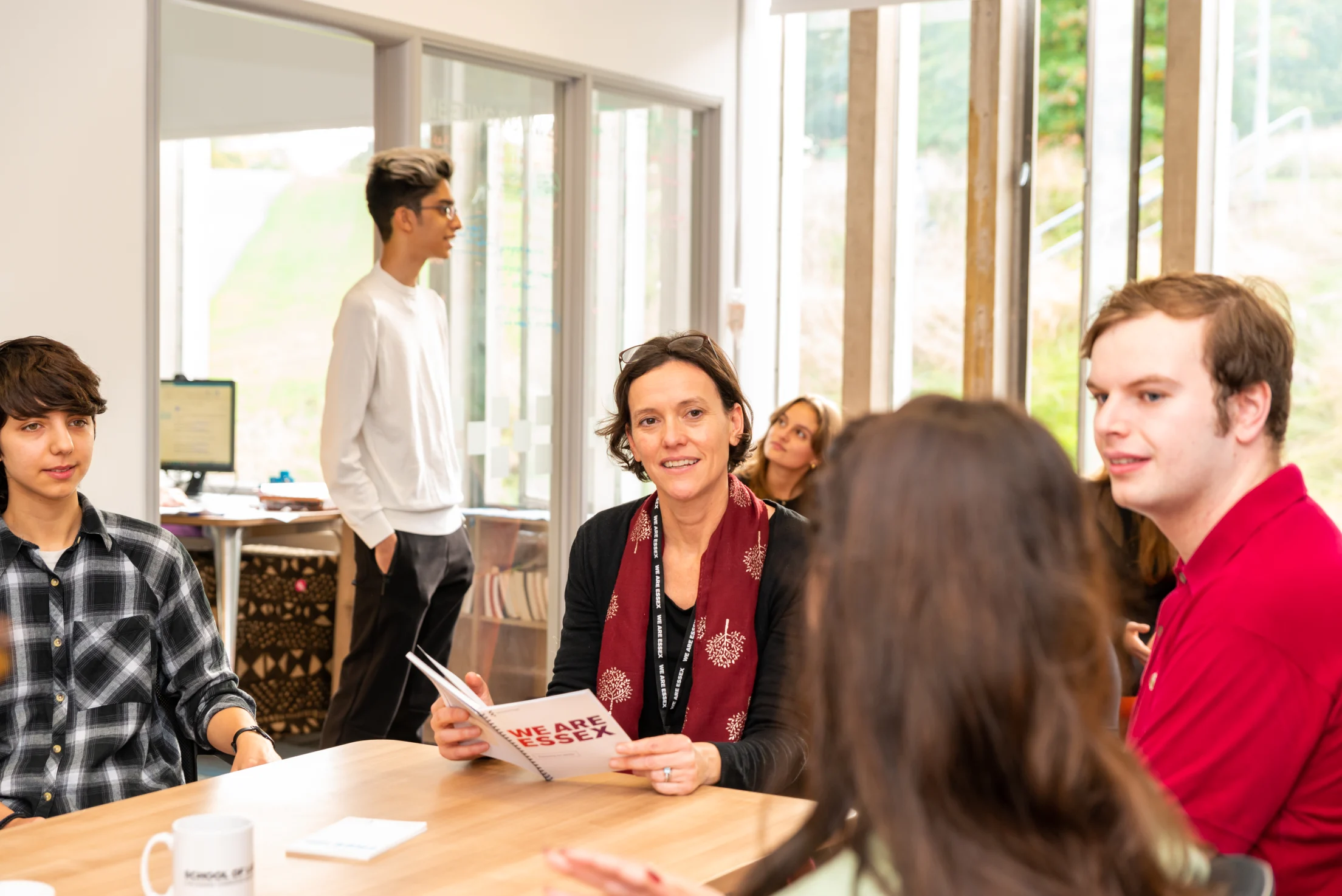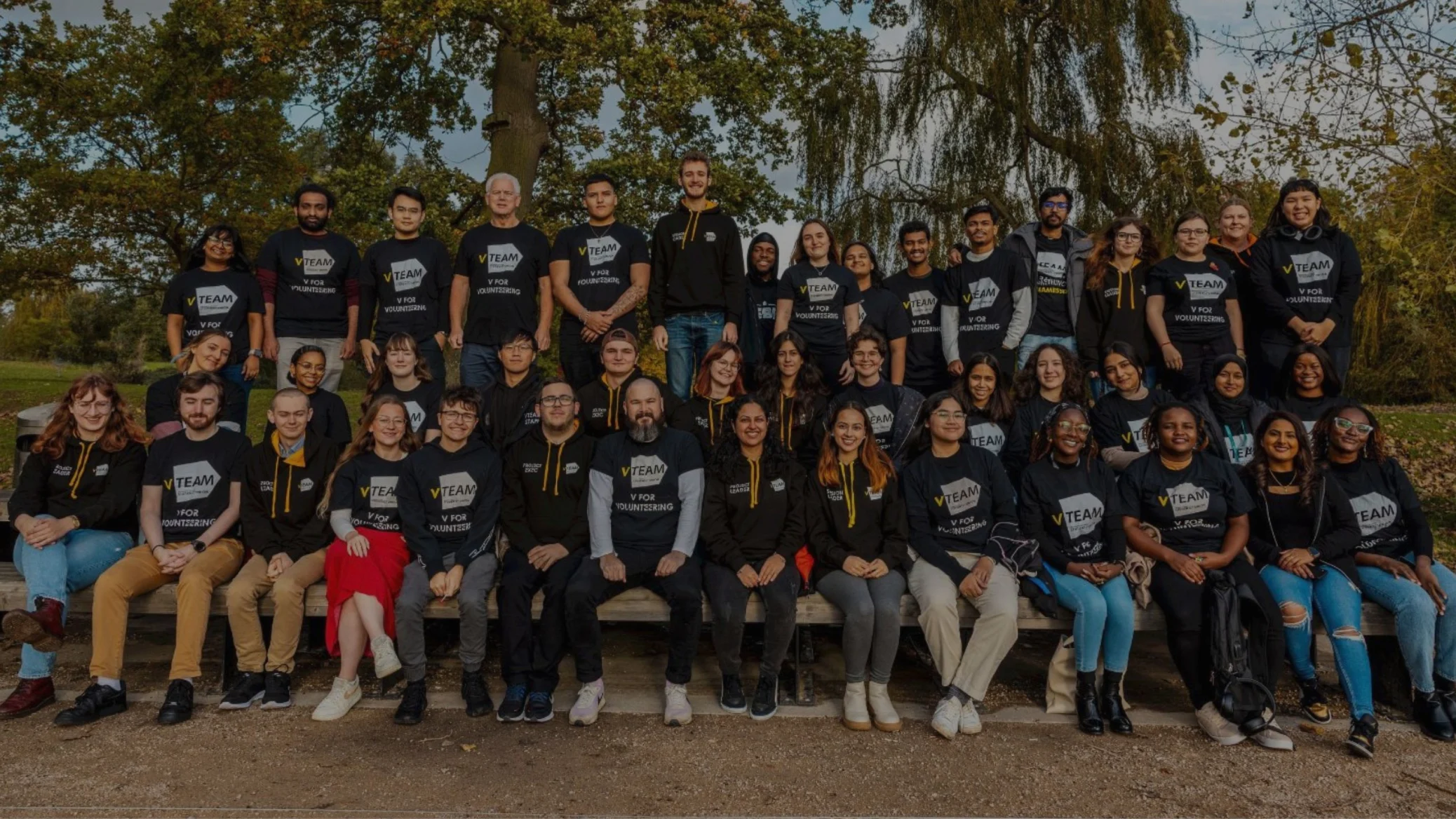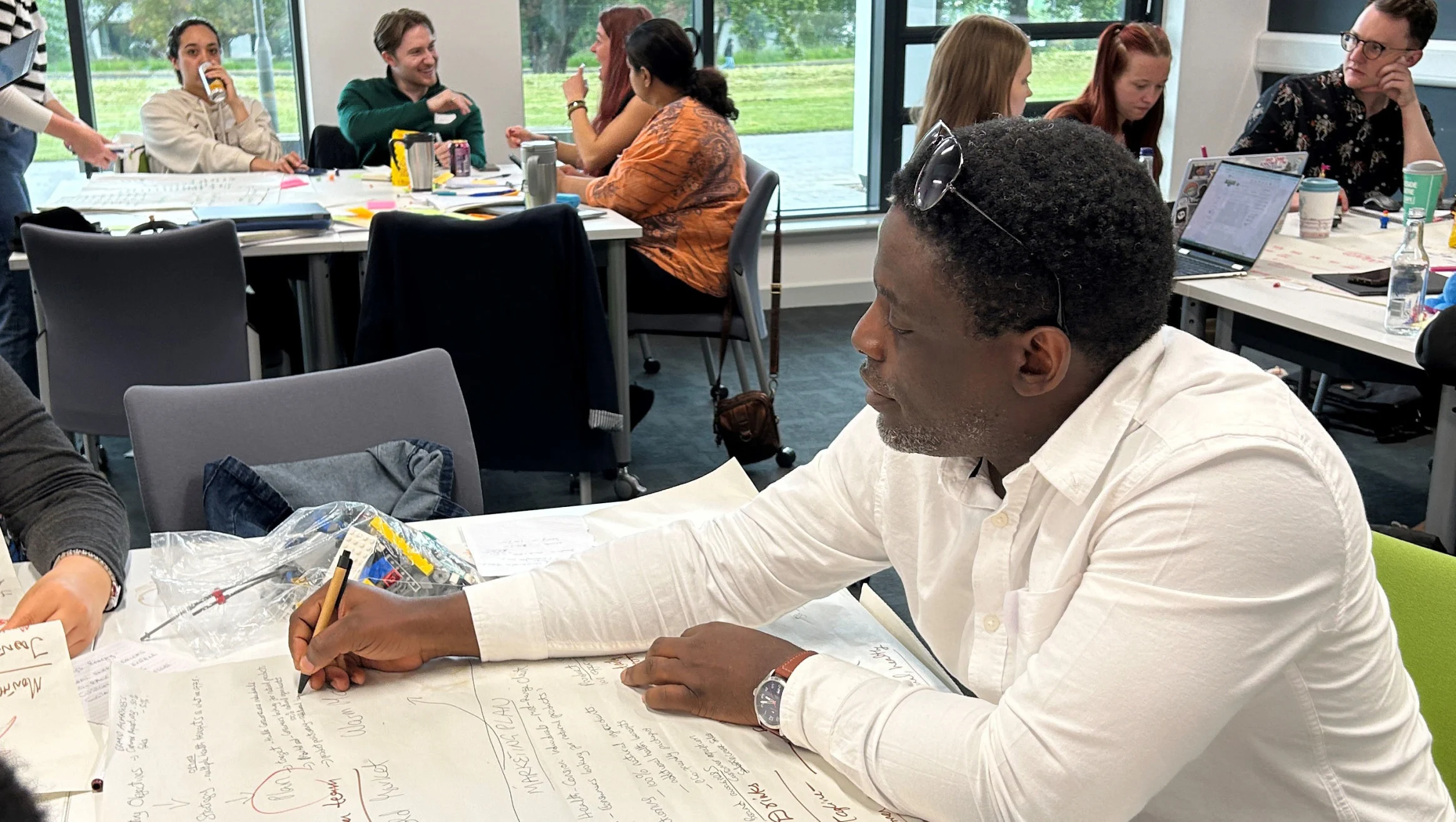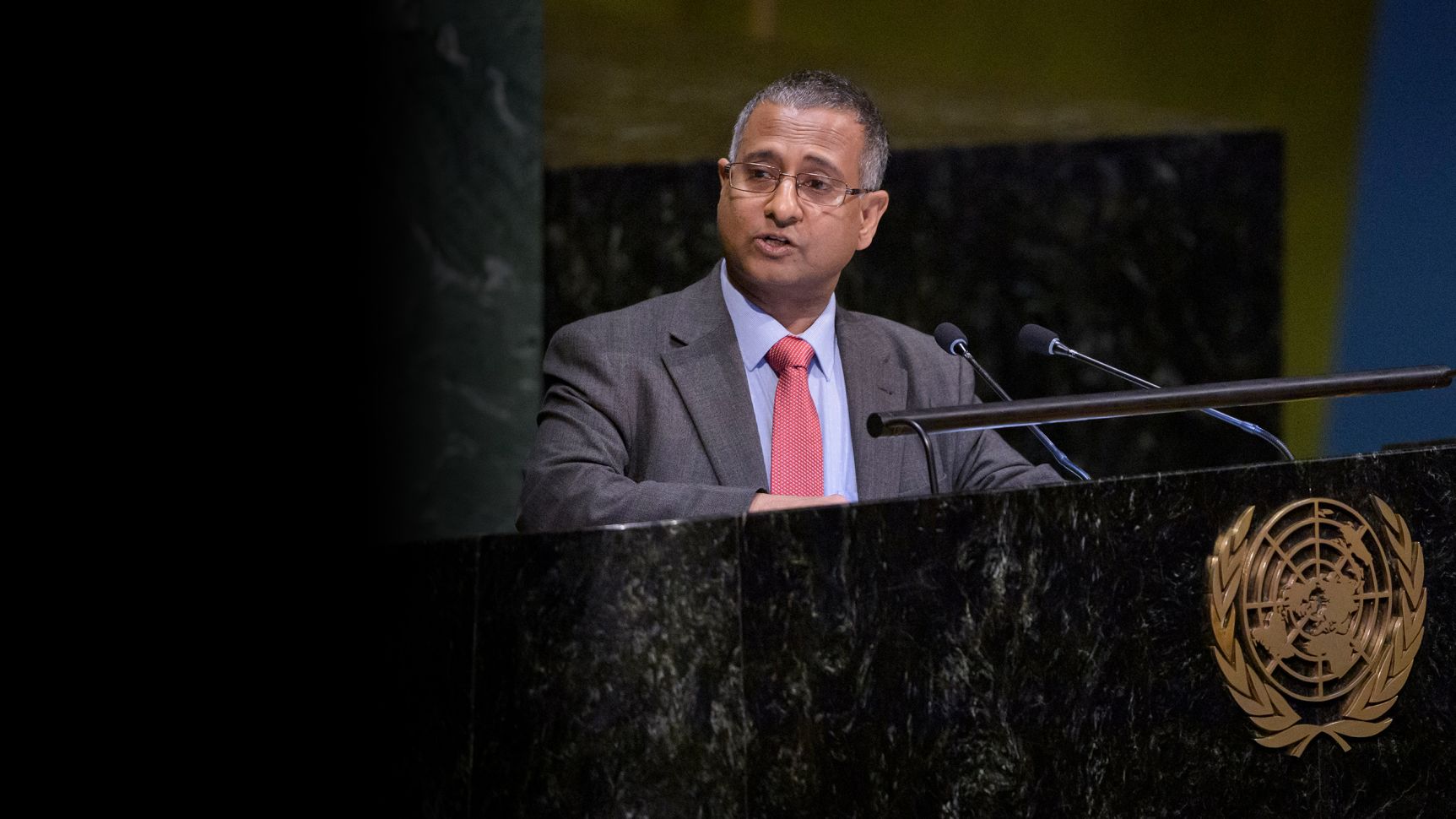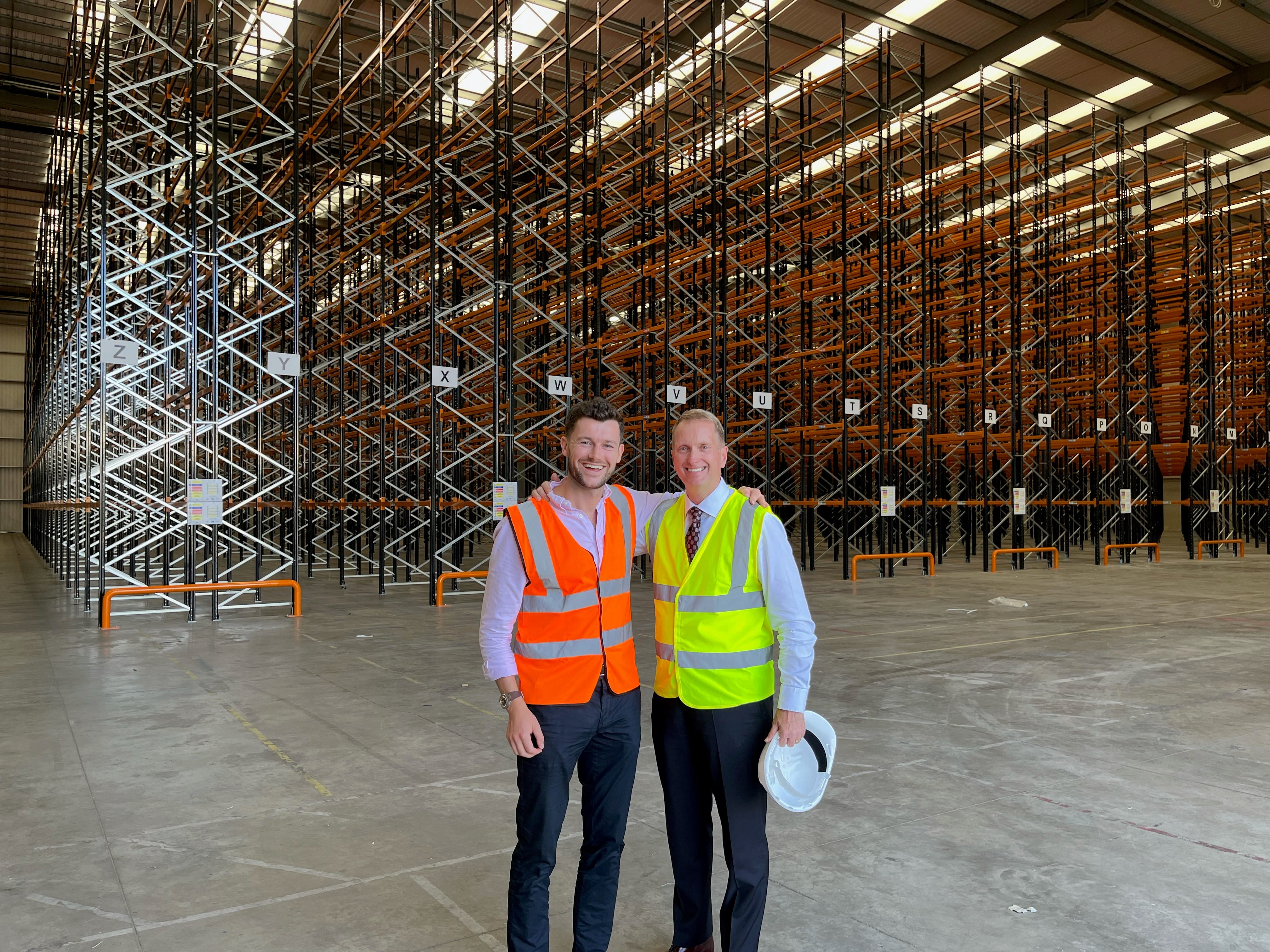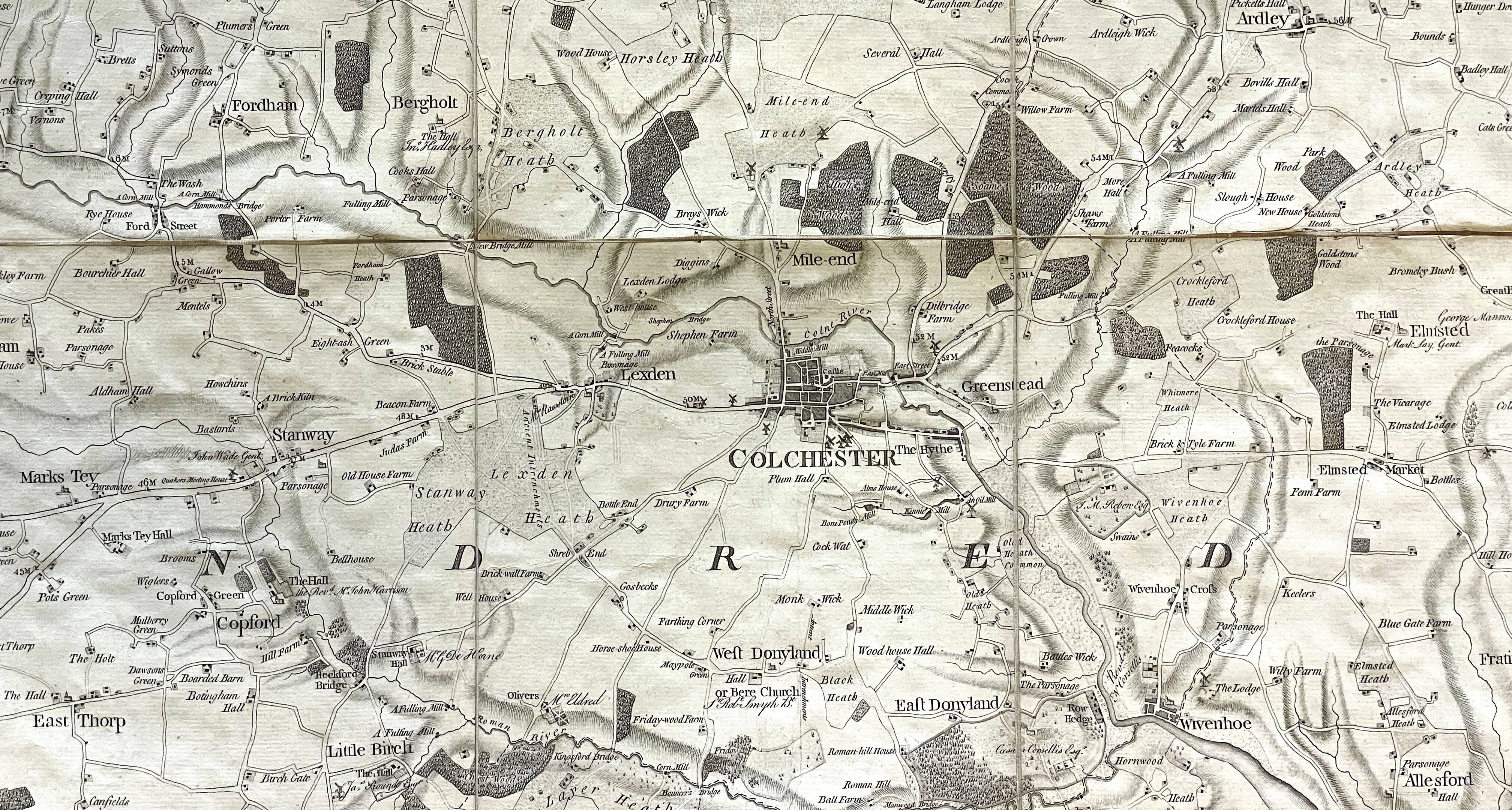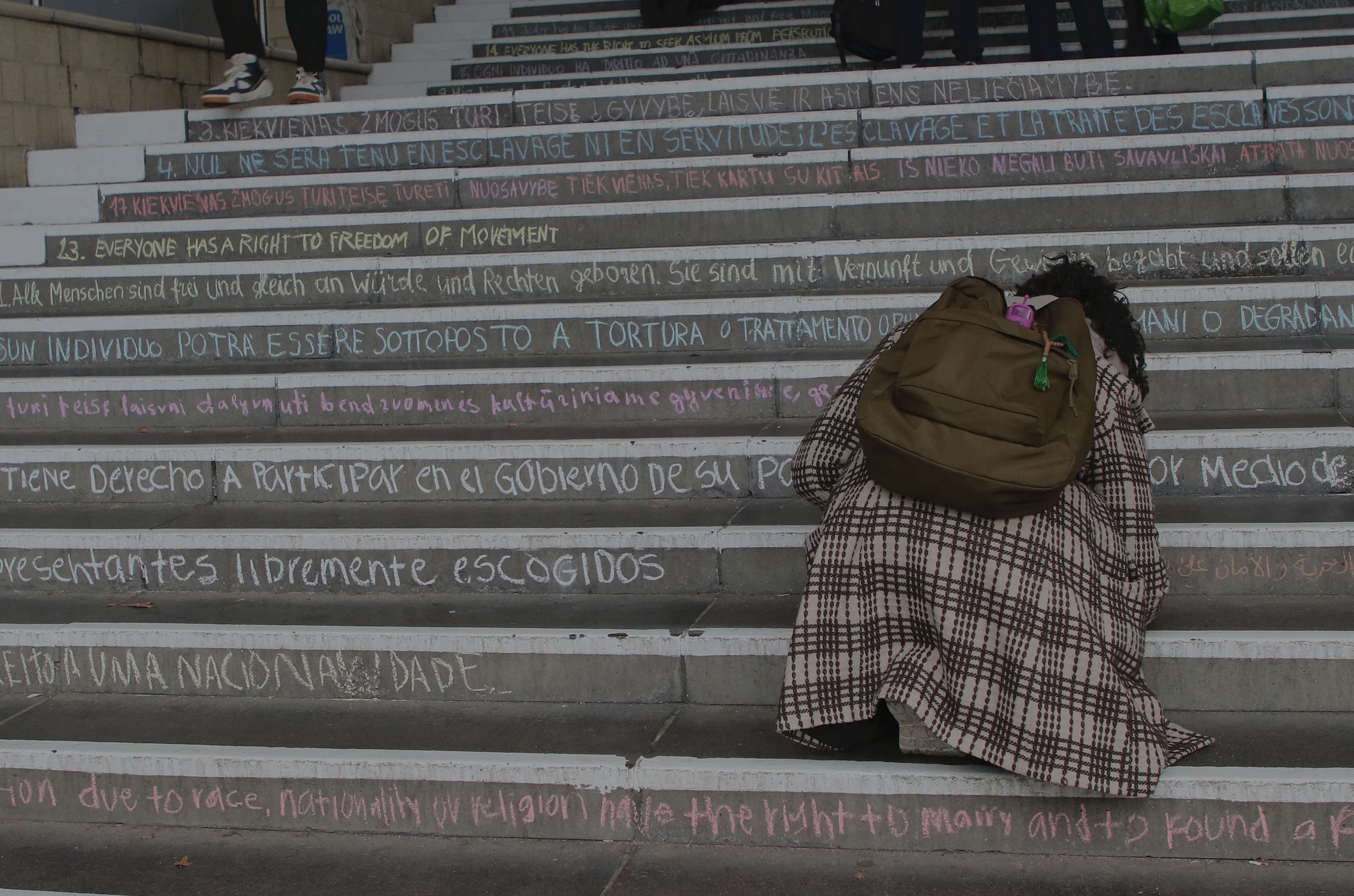Influencing policy to improve society for all

If we don’t understand society at micro-social level it’s impossible to know how policy changes, or major world events, will impact people and their lives.
For over 30 years, MiSoC, (ESRC Research Centre on Micro-Social Change) has been a powerhouse of evidence, producing world-class quantitative research.
That research influences policy and helps ensure government policies make a positive difference in tackling inequalities.
World-wide reputation for cutting-edge research
MiSoC is a thriving world-leader for innovative social science research looking at how big events impact our lives, and what those events mean for our life outcomes.
As a research centre MiSoC is pioneering new ways to investigate how our lives are changing.
It is an exemplar in interdisciplinary research – bringing together economists, epidemiologists, data scientists, sociologists, survey methodologists, demographers and geographers.
MiSoC is a flagship research investment for UK social science with considerable international reach and practical impact. The current team at Essex work with colleagues in Bristol and Warwick, as well as Australia and Italy, on a five-year cycle of research questions shaped around the current policy agenda.
The MiSoC team share their expertise with the international research community through workshops, conferences, networks and training events, in the UK and abroad.
Events such as MiSoC’s European Social Science Genetics Conference, now in its third year, bring together a mix of biologists, economists and sociologists from all over the world, to look at how to study genetic data alongside data on our lifestyles, finances, health and family situations to see what impact our lives have on our biological make-up.


A flagship for social science at Essex
The University of Essex’s reputation for excellence in social sciences set the groundwork for establishing the UK’s first major interdisciplinary research centre.
In the early 1980s, eminent sociologist Professor David Rose had the idea for an interdisciplinary research centre to strengthen the growing social science expertise at Essex.
It was a topical initiative – coinciding with new government interest in the need for longitudinal evidence of how society was changing and the impact that was having on our lives.
From that early idea the first Research Centre to Study Micro-Social Change in Britain was born at Essex in 1989.
Hosted by the Institute of Social and Economic Research (ISER), MiSoC is today one of the Economic and Social Research Council’s (ESRC) longest running investments, with an international reputation and an outstanding record in bringing robust social science evidence to governments so they can make informed policy decisions about what works.
The research team looks at how big shocks such as a pandemic can change our lives, as well as how our lives are impacted by policy changes such as support to work, or global issues like climate change or the growth in technology.

“The centre’s work is breathtaking in its range and depth of analysis, covering so many of the key social issues facing the country. In times of such rapid and inter-linked change, having a centre with such a focus on quality of evidence and interpretation is vital to inform debate and policy.”
Professor Bobby Duffy, Director of Policy Institute, King’s College London
Pioneering research is gold dust to policy makers

MiSoC’s long running themes are central to understanding social inequalities - how
resources such as income, health and wellbeing are distributed to individuals, groups and areas.
The MiSoC researchers are collaborating with specialists from universities across the world to create an extraordinary team dedicated to using multi-disciplinary, cutting-edge, quantitative social science to provide robust evidence to address these key societal challenges.
Getting this evidence to the policy making community and having an impact has been core to MiSoC since the beginning.
Early research projects included defining social class and the classifications developed at MiSoC – known as NS-SEC – has been adopted for use in all official statistics and surveys since 2001.
A project to investigate a longitudinal view of poverty led to the development of a measure of persistent poverty, named in the 2010 Child Poverty Act. MiSoC’s experts advised on the way Universal Credit was set up. They contributed to government initiatives to work out where pay inequalities – for women, ethnic minorities and people with disabilities – exist and how to begin to fix them.
More recently MiSoC’s research on the impact of childcare support has been cited as a reason for the Government’s plans for expanding childcare provision to include all children from nine months old, and MiSoC’s research into children’s mental health during lockdown was cited as evidence in the Chief Medical Officer’s recommendation to government to extend Covid vaccinations to all children from 12 years old.
Evidence like this is gold dust to policy makers and those looking to improve our health, well-being and life chances, as well as governments – local and national – looking to maximise the impact of their policies.


Policies making a difference – healthy, secure rented housing
A new MiSoC study has shown that living in poor quality, insecure rented accommodation causes faster genetic ageing to our bodies than living in secure homes.
The negative health impact of renting in the private sector, as opposed to outright home ownership, was 50 per cent greater than the impact on our health of having been a smoker, as opposed to never having smoked.
But the researchers found on close examination of the biological impact of housing circumstances shows that it is reversible – meaning policy change can make a real difference to the health of those living in private rented accommodation. Minimum property standards and more secure tenancies could have a positive impact on health.
Policies making a difference – free school meals
Free school meals for all primary schools are being rolled out in Scotland, Wales and now London. It is an expensive policy, but does it make a difference?
MiSoC’s latest study looks at the impact of the universal free school meals policies in four London boroughs that have trialled the policy for over ten years – Tower Hamlets, Southwark, Islington and Newham.
Researchers found that when all primary school children receive a school meal together it results in lower obesity levels and higher reading scores. This could be a cost-saver rather than a burden for the taxpayer as obesity has a huge knock-on financial burden for the NHS.
Initiatives to lower children’s obesity levels that actually work could make a massive difference to future health care costs.

“By showing the Government data that demonstrates just how important free school meals are to children’s health, attainment and attention, this valuable research has helped politicians of all parties, to bolster the campaign for free school meals.”
Sharon Hodgson, MP
Chair of the All-Party Parliamentary Group on School Food.
Find out more
MiSoC the ESRC Research Centre on Micro-Social Change
Institute for Social and Economic Research
Sixty Stories
We’re celebrating 60 years of making change happen. 60 years of boldness and bravery from our students past and present. 60 years of creating change.




